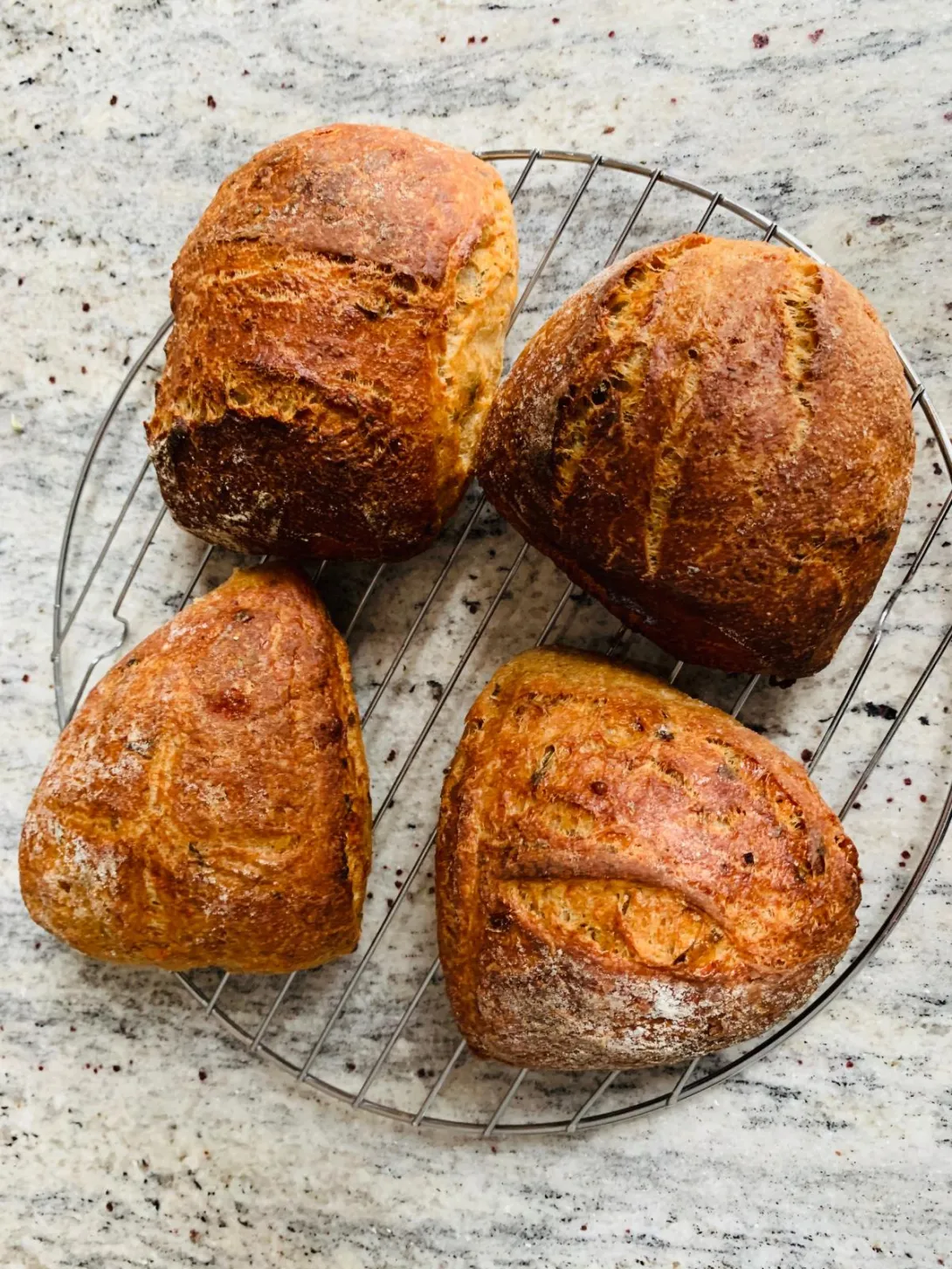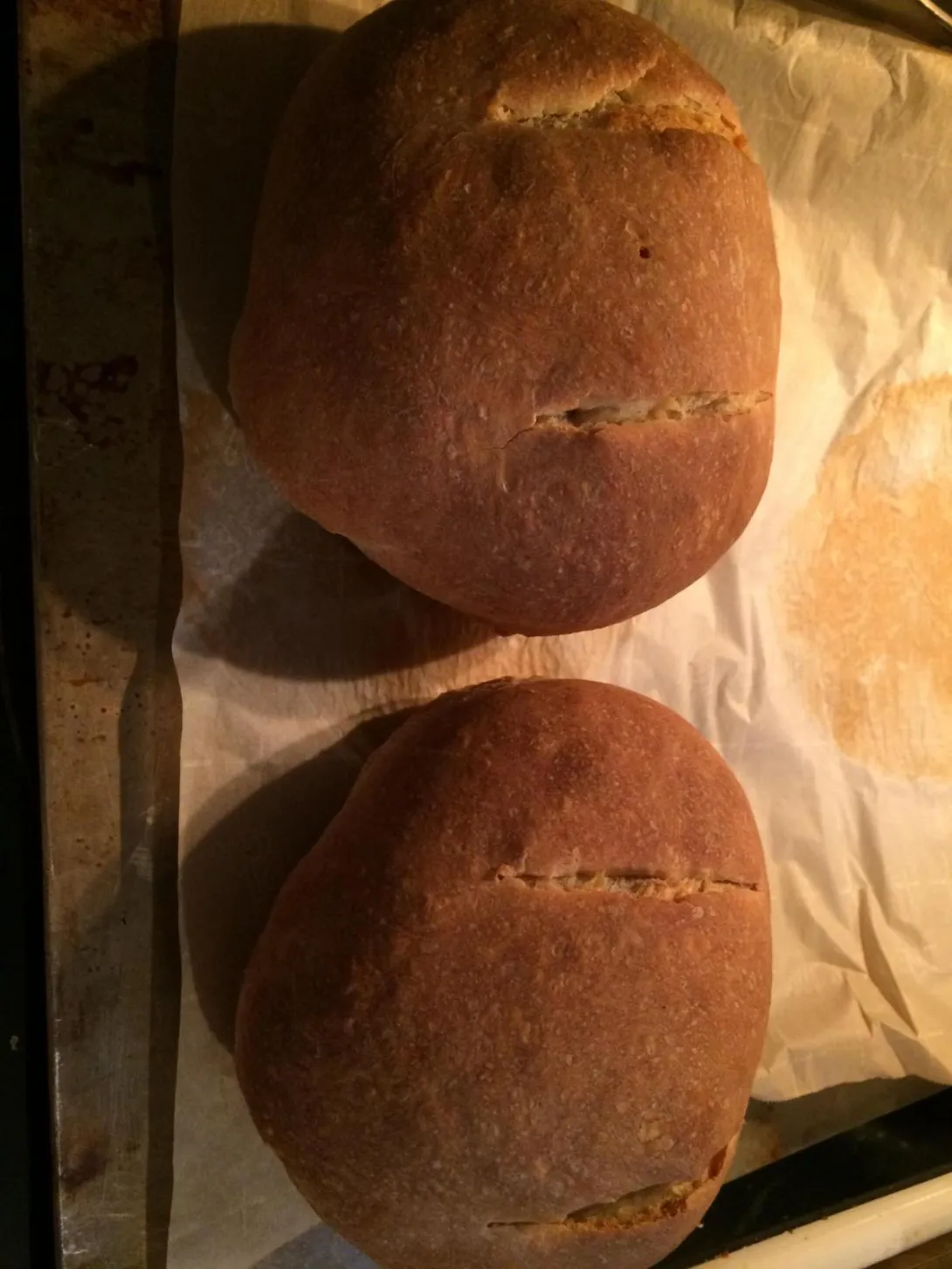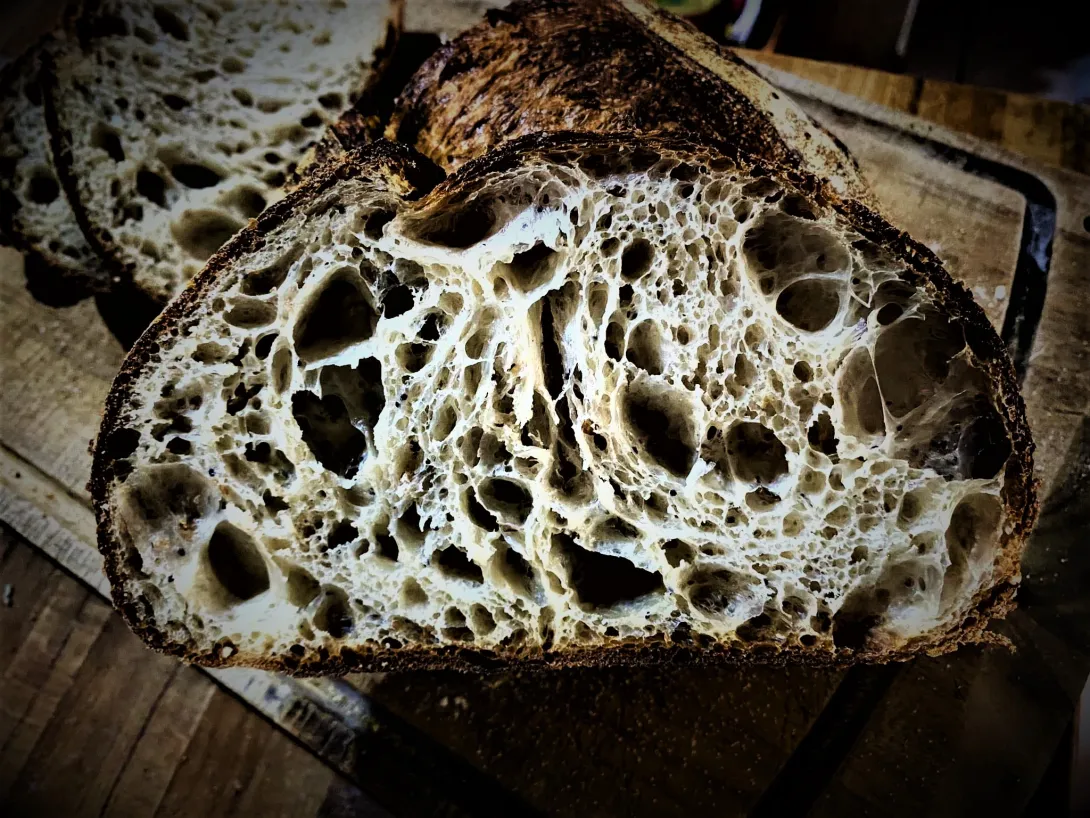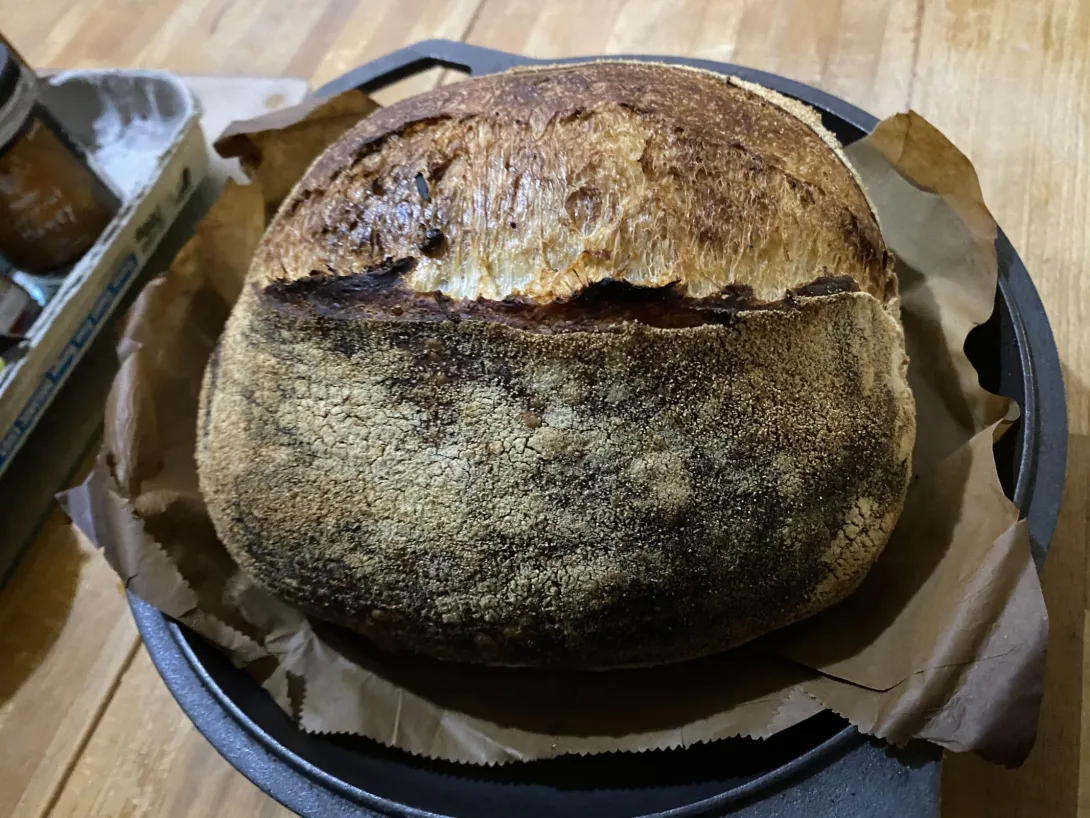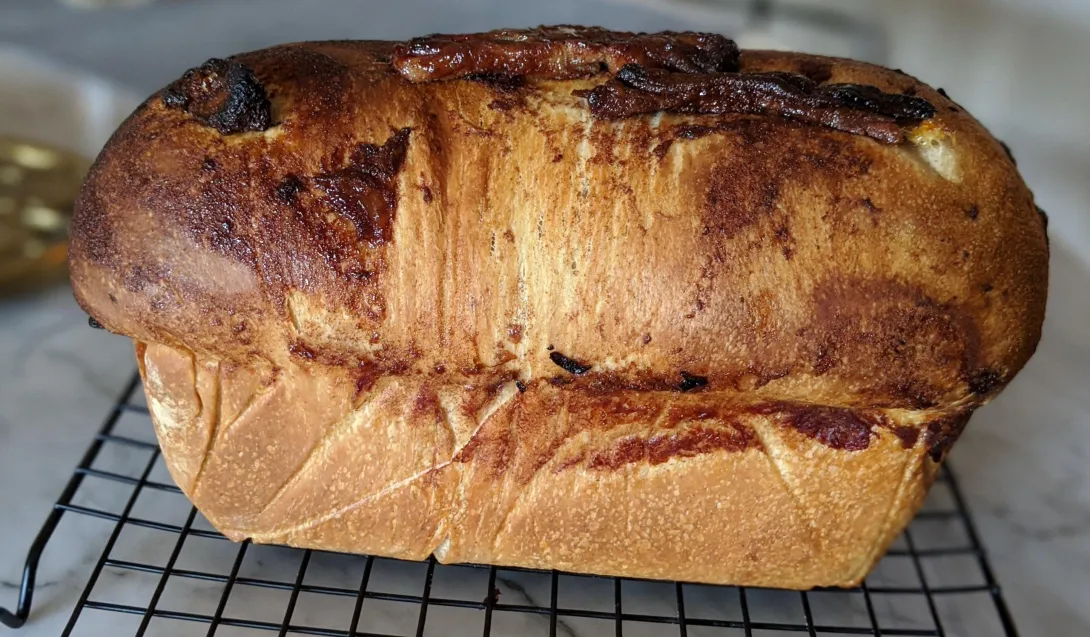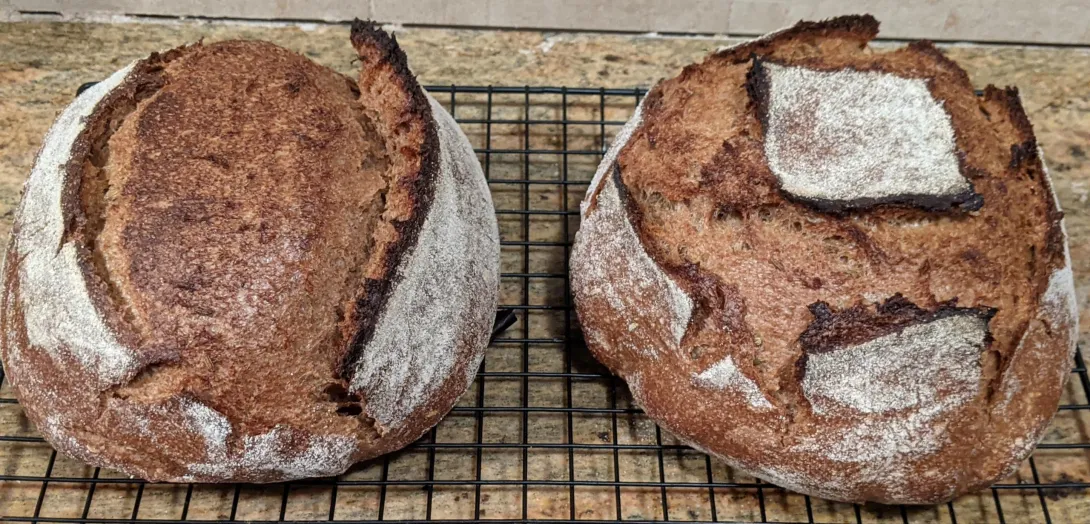Applying learnings of ciabatta to baguettes

Recently I have been making fine adjustments to my oven to max out the rise of my loaves and mentioned in a post that I wasnt seeing the full rise across the length of the loaves. Having done a few ciabattas in the new CM right after cooking a few pizzas at 650F I remembered a steam comment by idaveindy regarding super heated steam. So this time while preheating I decided to go for some higher temps and this time broke my cardinal rule of never using ice / cold water. I think in the past when bumped temps, the steam teay was producing steam that was too hot and cooking the
- Log in or register to post comments
- 3 comments
- View post
- kendalm's Blog

